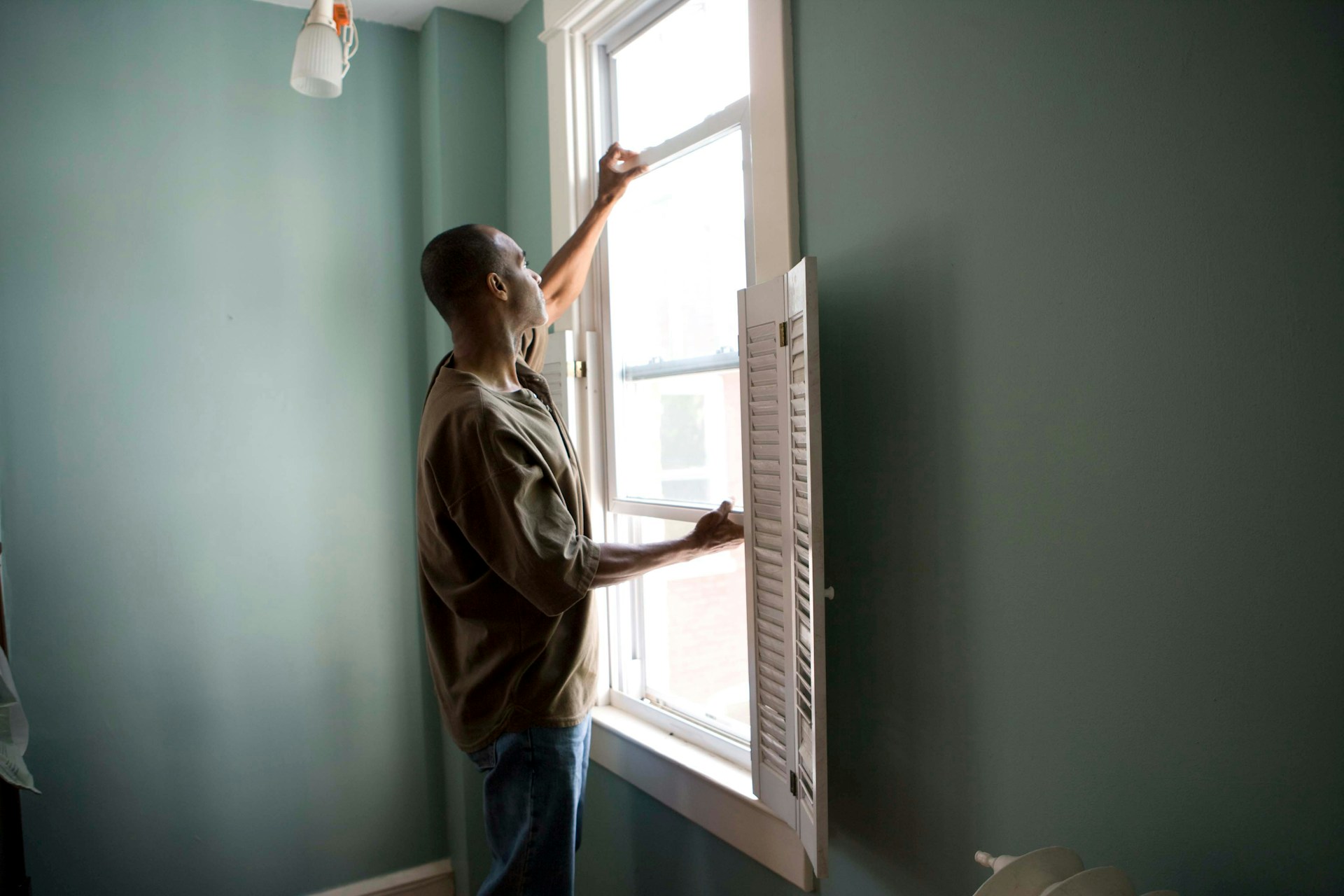Top 10 Pest Control Tips for Boston Landlords

The pest control industry, valued at $24.6 billion in 2022, is projected to reach $42.5 billion by 2032, highlighting the growing importance of effective pest management solutions. Thus, as landlords in Boston, ensuring your properties remain pest-free is essential for tenant satisfaction and property value.
Here are ten valuable tips to help you keep your properties in top condition and protect them from unwanted pests.
1. Regular Inspections
Regular inspections are the first line of defense against pest problems. By identifying potential issues early, landlords can take proactive measures before an infestation occurs. Partnering with professional pest management services ensures a thorough inspection.
2. Proper Waste Management
Proper waste management is critical to prevent attracting pests. Regular garbage disposal and secure trash bins can make a significant difference. Encouraging tenants to compost and recycle can also minimize waste and reduce the chances of attracting pests.
3. Tenant Education
Educating tenants on pest prevention can significantly reduce infestations. Provide guidelines on maintaining cleanliness and reporting pest sightings promptly. Distributing educational materials and holding informational sessions can go a long way in fostering a cooperative approach to pest control.
4. Professional Pest Control Services
Professional pest control services offer expertise and effective solutions that DIY methods often lack. Companies like Catseye Pest Control provide comprehensive pest prevention and humane wildlife removal services. Their commitment to environmentally responsible practices and customized treatment plans makes them a reliable choice for landlords.
5. Seasonal Inspections
Spring and fall are critical times for pest inspections due to erratic weather patterns that can spur pest activity. Pest management experts say that increased rainfall and fluctuating temperatures can lead to a surge in pest populations. Scheduling inspections during these periods helps in early detection and prevention.
6. Bed Bug Prevention
Bed bugs are a common issue in rental properties, with 20% of Americans having experienced an infestation or knowing someone who has. Conduct regular mattress inspections and use protective covers to prevent bed bug infestations.
Providing tenants with information on identifying and reporting bed bugs can also help in early detection and treatment.
7. Pest-Proofing Entry Points
Sealing entry points is crucial to prevent pests from entering the property. Common entry points include doors, windows, and vents. Weather stripping and caulking to seal gaps can significantly reduce pests' risk of entering the property.
8. Landscaping and Exterior Maintenance
Proper landscaping and exterior maintenance can deter pests. Ensure trees and bushes are trimmed properly and away from the building to prevent pests from finding pathways onto the property. Maintaining a clean and clutter-free yard removes hiding spots and makes your property less enticing to pests.
9. Safe and Effective Pest Control Products
Using safe and efficient pest control products is essential for tenant safety. Opt for non-toxic and eco-friendly products to minimize health risks. Reputable brands offer a range of effective pest control solutions that align with environmentally responsible practices.
10. Regular Maintenance and Repairs
Regular maintenance and repairs can prevent pest infestations. Fix leaks, cracks, and other structural issues promptly. Creating a maintenance schedule and keeping records of repairs helps systematically address potential pest entry points and habitats.
Ensure a Pest-Free Rental Property
A comprehensive pest control plan is essential for effective pest management. Components of a good plan include regular inspections, treatment schedules, and preventive measures. Working with professional pest control services to create a customized plan tailored to your property's needs can yield optimal results.
Proactive pest control measures are vital for maintaining a pest-free rental property. Key strategies include regular inspections, proper waste management, tenant education, and professional services. By implementing these tips, landlords can protect their properties and foster a healthy living environment for their tenants.
For expert assistance, consider partnering with a professional pest control service like Catseye Pest Control to ensure comprehensive and efficient pest management.